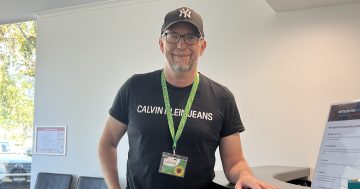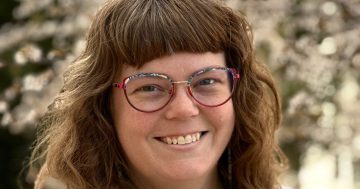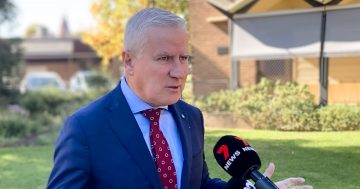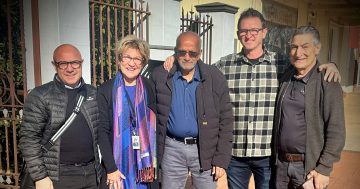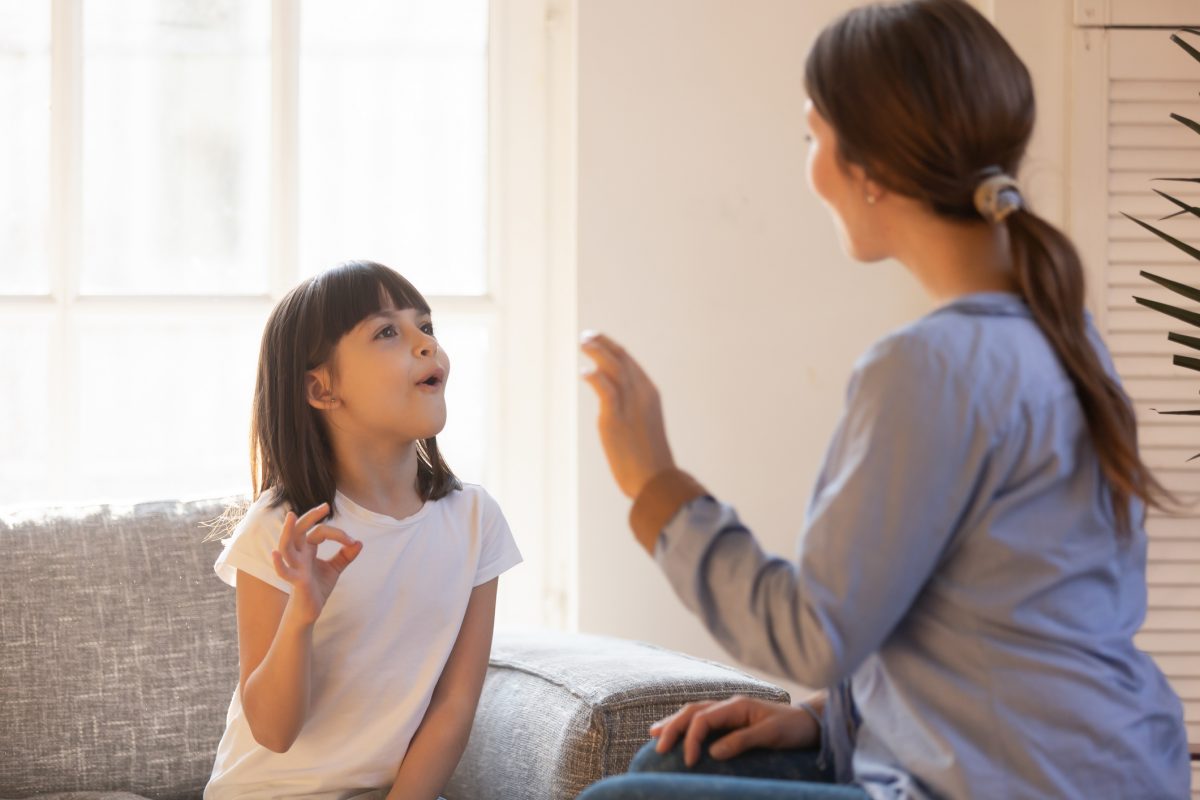
Speech Pathology Week seeks to promote the speech pathology profession and the work done by speech pathologists with the 1.2 million Australians who have a communication disability. Photo: Fizkes.
In awareness of Speech Pathology Week, Murrumbidgee Local Health District (MLHD) has promoted good communication.
‘Good Communication, Better Communities’, is the theme for this year’s Speech Pathology Week (21 to 27 August).
According to the Australian Bureau of Statistics, about 1.2 million Australians have some form of communication disability.
Communication disability affects a person’s ability to understand and be understood by others. The level of limitation ranges from mild to profound and can be temporary or last a lifetime.
MLHD speech pathologist Melinda Hewitt said that good communication for all results in better communities.
“Communication is a basic human right,” Ms Hewitt said.
“It is fundamental to a person’s ability to participate fully in the social, educational, economic and sporting aspects of our community.
“In Australia today, communication disability remains largely invisible, unseen and out of sight.”
Ms Hewitt said communication is more than just speech.
“Australians with communication difficulties communicate with others using a variety of ways, including sign language, electronic speech devices, or word-based or picture-based communication boards or books,” she said.
“Technology is playing a growing and vital role in keeping Australians with communication difficulties engaged.
“The more we talk about communication disabilities the more awareness there will be which helps create more informed and empathetic communities.”
The Speech Pathology Department at the Wagga Health Club hosts numerous students throughout the year for their final year of tertiary education.
Students Elisa Baker and Guangyi Chua, who commenced their placement during Speech Pathology Week, are excited to provide therapy for the children in Wagga.
“Many Australians with communication disability cannot maximise educational, health and social outcomes, without the intervention of a speech pathologist,” Ms Baker said.
According to Speech Pathology Australia (SPA), children and older people make up the majority of people with a communication disability and children are more likely to have profound or severe communication disability compared to older people.
People with communication disability are less likely to have a non-school qualification (42 per cent) than people without communication disabilities (61 per cent).
SPA states thirty-eight per cent of people with communication disabilities are participating in the labour force compared with 80 per cent of people without communication disabilities.
One in seven people with a communication disability needs formal assistance with communication and half of all people who need formal assistance with communication have an unmet need for this assistance.
Three in five people who have an unmet need for formal assistance with communication are children.
Referral to Murrumbidgee Local Health District’s speech pathology team can be made through the Community Care Intake Service on 1800 654 324.







